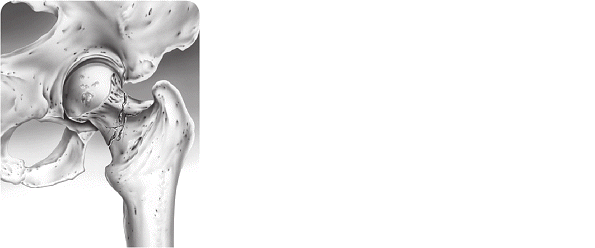SATURDAY, DAY 6
LIFESTYLE AND PREVENTIVE MEDICINE
Calcium
Calcium is a mineral that is more plentiful in the human body than any other mineral. Most of your body’s calcium is stored in your bones and teeth to make them strong. Your body also uses calcium to help your muscles, blood vessels, and nervous system work and to aid the functioning of hormones and enzymes.

Since your body cannot make calcium and uses it for so many functions, it’s important to get enough calcium in your diet. Milk, cheese, yogurt, and leafy green vegetables are all excellent sources of this mineral. If you don’t consume enough calcium, you should take a supplement or eat calcium-fortified foods (such as orange juice, bread, and cereals).
The amount of calcium you need depends on your age. It’s generally recommended that adults take in 1,000 to 1,200 milligrams of calcium daily, optimally through diet. Children and teenagers need more calcium than young adults. If you are calcium deficient, your body will have to break down bone to get the mineral, making your bones weaker and more likely to fracture over time.
As you get older, small amounts of bone are removed and new bone is formed through a normal process called remodeling. However, after age 35, more bone is lost than is replaced. Women who have reached menopause lose even more bone more rapidly. As a result, older women need more calcium to prevent osteoporosis, a condition of decreased bone mass. Osteoporosis affects both men and women and is the reason older people are more susceptible to breaking bones.
ADDITIONAL FACTS
- Calcium supplements frequently contain vitamin D, which our bodies need to absorb calcium. However, the two nutrients do not need to be taken together to be effective.
- Generally, it’s recommended that adults who are seldom exposed to sunlight take 33 micrograms of vitamin D daily. Though most people have adequate sun exposure and do not need vitamin D supplements (because sunlight helps the body manufacture this vitamin), it’s believed that all adults over the age of 50 should take a vitamin D supplement.
- Calcium supplements can be made from any of several different calcium compounds, including calcium carbonate, calcium citrate, and calcium phosphate. The important aspect of these compounds for nutritional value is the amount of elemental calcium, which is the actual amount of calcium in the supplement.